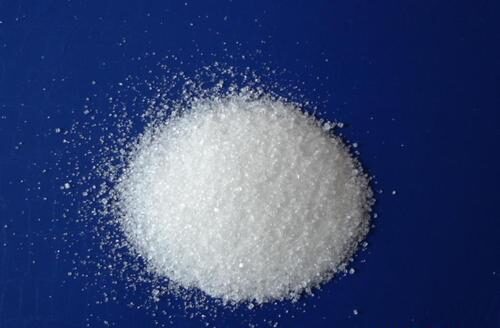Ammonium Sulfate
Ammonium sulfate is an inorganic sulfate salt obtained by reaction of sulfuric acid with two equivalents of ammonia. A high-melting (decomposes above 280℃) white solid which is very soluble in water (70.6 g/100 g water at 0℃; 103.8 g/100 g water at 100℃), it is widely used as a fertilizer for alkaline soils.
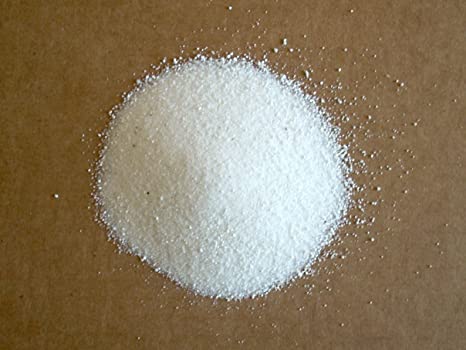
Potassium Sulfate
Potassium sulfate (US) or potassium sulphate (UK), also called sulphate of potash (SOP), arcanite, or archaically potash of sulfur, is the inorganic compound with formula K2SO4, a white water-soluble solid. It is commonly used in fertilizers, providing both potassium and sulfur
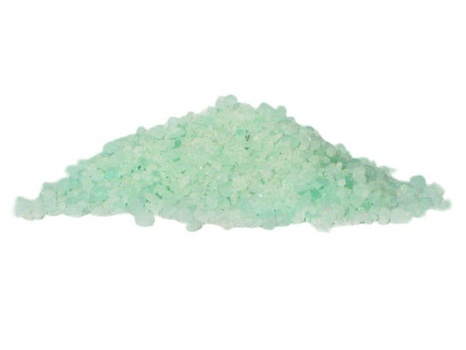
Iron Sulfate
Iron(II) sulfate or ferrous sulfate denotes a range of salts with the formula FeSO₄·xH₂O. These compounds exist most commonly as the heptahydrate but are known for several values of x. The hydrated form is used medically to treat iron deficiency, and also for industrial applications.
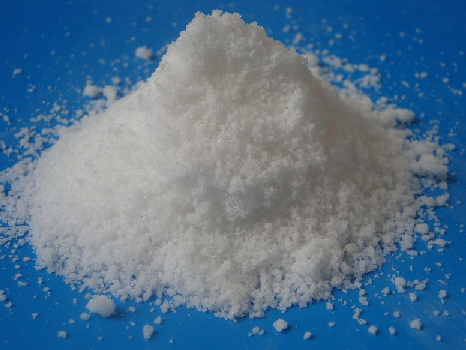
Zinc Sulfate
Zinc sulfate is an inorganic compound. It is used as a dietary supplement to treat zinc deficiency and to prevent the condition in those at high risk. Side effects of excess supplementation may include abdominal pain, vomiting, headache, and tiredness.
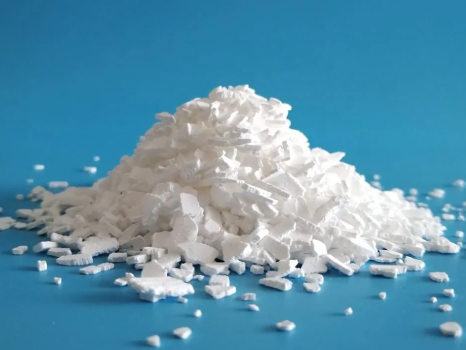
Calcium Chloride
Calcium chloride is an inorganic compound, a salt with the chemical formula CaCl2. It is a white coloured crystalline solid at room temperature, and it is highly soluble in water. It can be created by neutralising hydrochloric acid with calcium hydroxide.
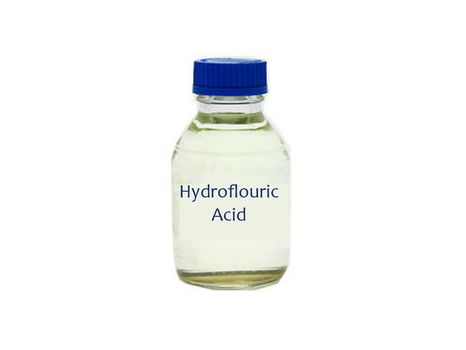
Hydrochloric acid
Hydrochloric acid, also known as muriatic acid, is an aqueous solution of hydrogen chloride. It is a colorless solution with a distinctive pungent smell. It is classified as a strong acid. It is a component of the gastric acid in the digestive systems of most animal species, including humans.
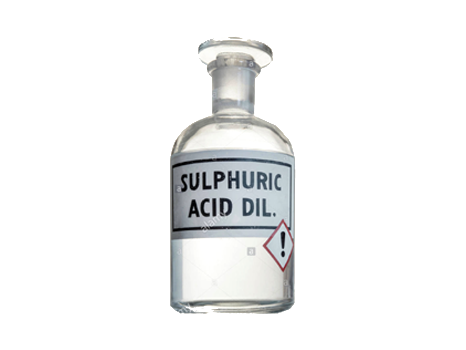
Sulphuric Acid
Sulfuric acid (American spelling) or sulphuric acid (Commonwealth spelling), also known as oil of vitriol, is a mineral acid composed of the elements sulfur, oxygen and hydrogen, with molecular formula H2SO4. It is a colorless, odorless and viscous liquid that is miscible with water at all concentrations.
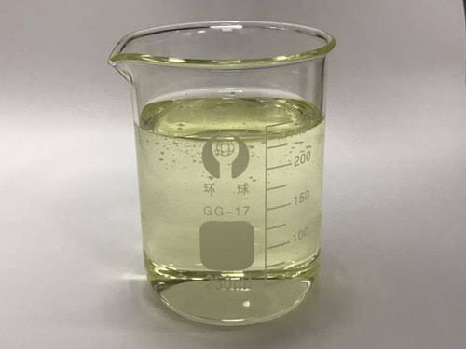
Sodium Hypochlorite
Sodium hypochlorite (NaOCl) is produced as an aqueous solution by combining chlorine gas (Cl2) and caustic soda (NaOH), both of which are the result of the electrolysis of salt. Sodium hypochlorite is commonly known as bleach.
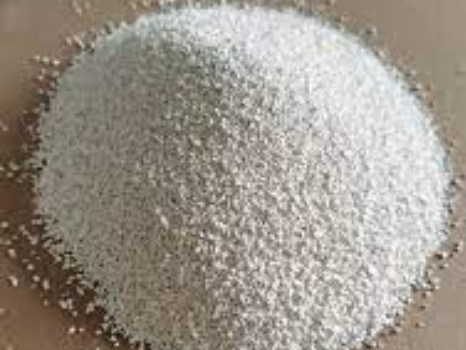
Calcium Hypochlorite
Calcium HypochloriteCas No7778-54-3ShapeWhite/gray powderChemical formulaCa(ClO)2Saflık Purity %68%Specific Gravity (g/cm3)2.35 g/cm3Molecular weight142.98 (g/mol)Synonyms DefinitionCalcium hypochlorite is a kind of hypochlorite with Ca(ClO)2
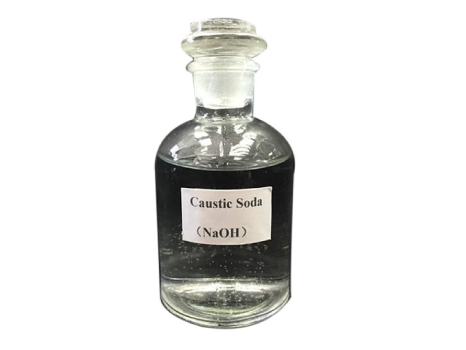
Liquid Caustic Soda
Sodium hydroxide, also known as lye and caustic soda, is an inorganic compound with the formula NaOH. It is a white solid ionic compound consisting of sodium cations Na⁺ and hydroxide anions OH⁻
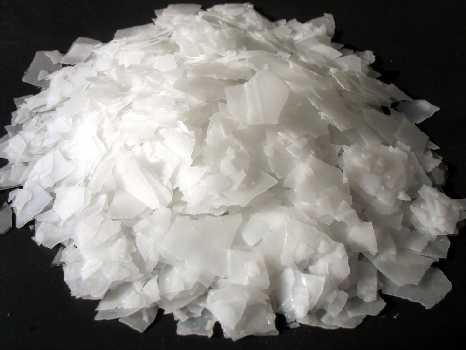
Caustic Soda Flake
Caustic Soda FlakeCas No ShapeWhite, Solid FlakesChemical formulaNaOHSaflık Purity %98 % minSpecific Gravity (g/cm3)2.13 g/cm3 (25 ℃’de)Molecular weight39.997 g/molSynonymsSodium hydroxide, Caustic SodaDefinitionSodium
